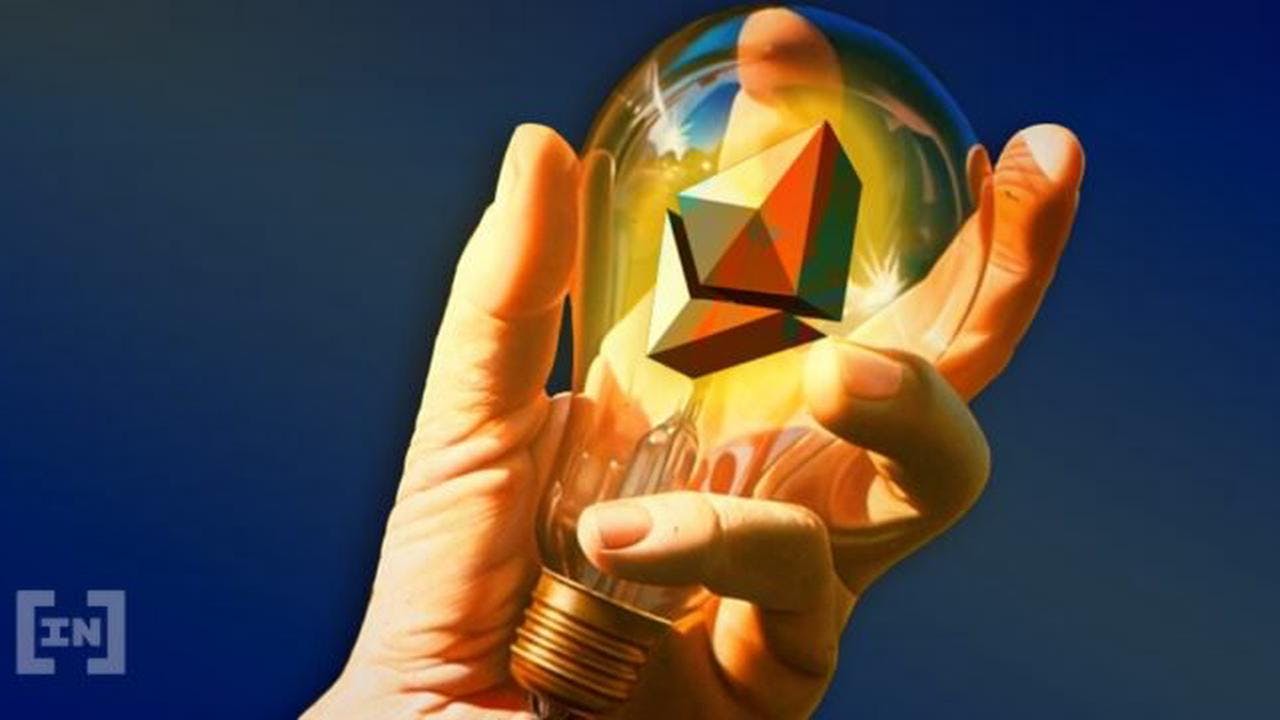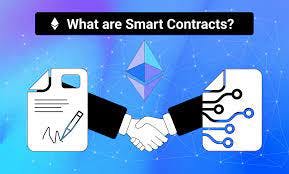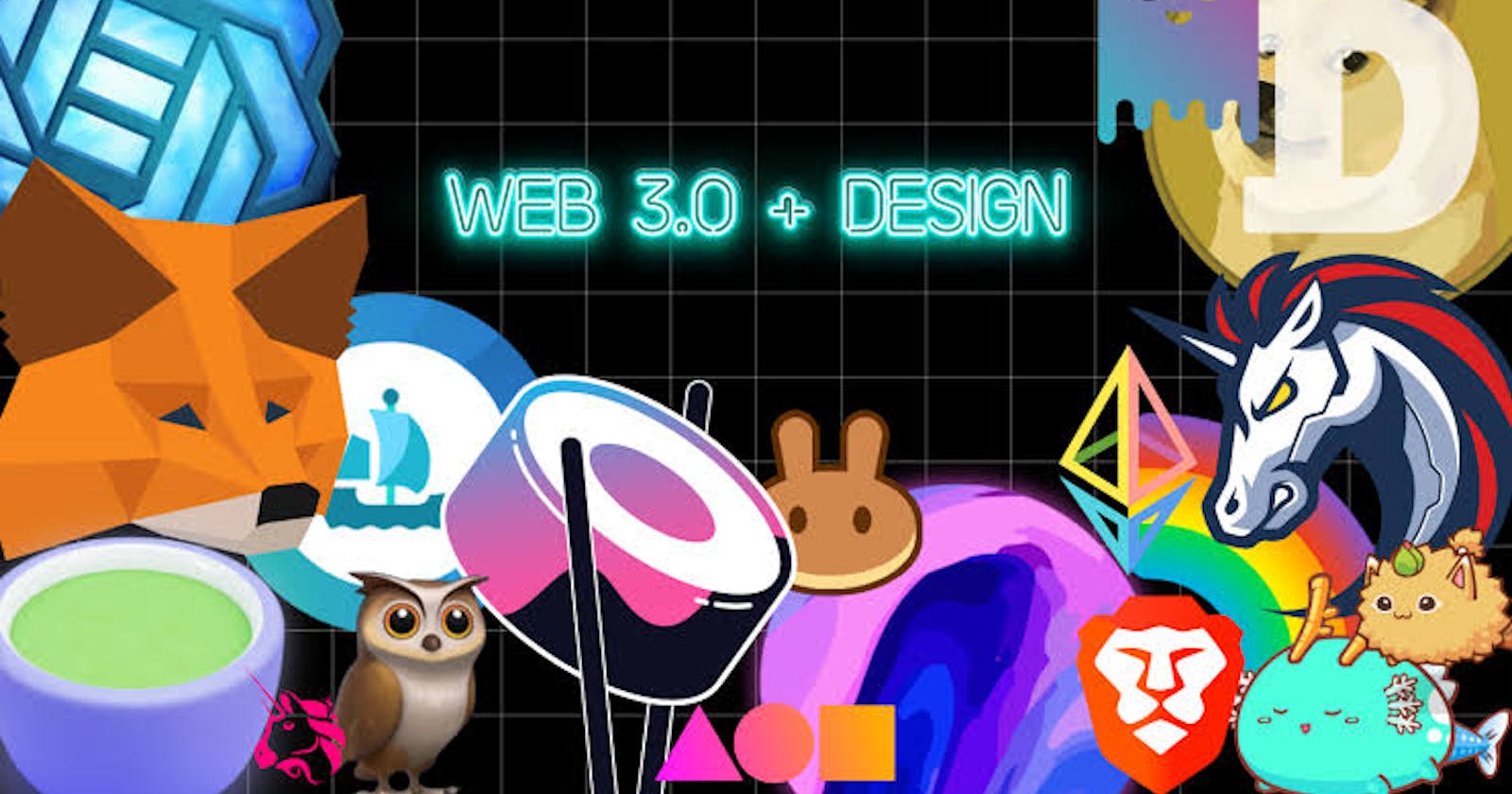I started learning Solidity only a few days ago, so I'm only still a baby developer.
Here I am, however, sleep-deprived on a Thursday evening, trying my hand at blogging as a developer. Who knows, I may discover my passion for telling my story through blogs.
This might even turn out to be like that moment I discovered a passion for computers and everything involving semicolons, during the heat of the 2020 covid-19 pandemic.
Three days ago, I sent a tweet that read: "Here's an Ethereum Joke for you: 'I know a quintillion Weis to make an Ether' "

Although that tweet got zero engagements and zero retweets (much like 99% of all my other tweets), I was pretty proud of it. Only hours after watching the first minutes of a 31-hour-long Solidity tutorial, I was making jokes.
A sign of genius-level intellect, if you ask me, haha. If Dave Chapelle and Satoshi Nakamoto himself had a baby, it'd be me.
For context, (nerd alert!) 'Ether' is the native cryptocurrency of the Ethereum network.
Just as the dollar has a hundred cents and the Naira has a hundred kobo, one Ether has 10^-18 Wei, or one quintillion Wei (named after Dai Wei, another crypto pioneer). So, one quintillion Wei makes an Ether.
Get it? Are you laughing now? Please tell me you get the joke.

Back to my monologue... I read somewhere - I don't remember if I read or heard this, but Buterin, the creator of the Ethereum network has a 257 IQ score. A. Whopping. 257!
That seemed crazy to me at the time, because how can one man have almost a hundred IQ points on Einstein? (Einstein's was reportedly 162). I only began to understand what that meant, as I fell deeper into the Ethereum rabbit-hole.
That Buterin dude really is smart. Because how does someone even begin to think of, and then create such technology with the sheer power to change the world?

In contrast to bitcoin being a store of value and nothing more (no different from digital gold), Ethereum is both a store of value and a utility.
This means that anyone can take advantage of the immutability of Ethereum's blockchain ledgers, and build ANY kind of financial (or other) service on top of it. Ethereum is both money and a tool. Isn't that mad? Ethereum can be used to build voting, banking and insurance systems (among other things) that can never be cheated or manipulated , even by their creators.

These services are aptly called 'Smart' Contracts. Once deployed, a smart contract is binding in every sense. Adamant to manipulation, no matter how much you try (as a sidenote, the things you CAN try are limited, actually). You'd have almost the same luck as you would, if you tried to tow a car with spaghetti.
Over the course of the last few days, I have learned about contracts, the pragma keyword, data types including unsigned integers (used more commonly than integers), booleans, addresses and strings.

I have learned about functions and their types (public, private, internal and external), loops and conditional statements. I even deployed my first smart contract to a testnet last night - Or this morning, to be exact. My sense of time is warped, because I haven't slept in days.
Wanna hear about my smart contract? It's a simple one, really.
- I imagine I'm a father, with a lot of Ether in my wallet.
- I understand that anything can happen at any time, and I need to send small amounts of Ether to my children's wallets, as they are still children.
- When Toni, my eldest child becomes eighteen years old, my smart contract releases the funds I have saved over the years, and not a second before.
- The same goes for Seyi, my second, and Wale my third.
- This means that I can be at peace, alive or dead, knowing that my children will be well taken care of. Besides, there's no better birthday gift than a wallet full of cash.
Pretty neat, huh? That's one of the crudest of the crudest things anyone can do with blockchain technology. I can only imagine the insane things I'll be building in 2025.
So far, all I can say is that Solidity and Web-3 in general, aren't for the weak. I'm quite experienced with JavaScript. But contracts, addresses, public/private functions as opposed to view/pure functions are tough pills to swallow.
I'm hoping to get stronger and more comfortable over time. I've been here before, with JavaScript and all its associated frameworks I've had to use over the years. And every single time, I've come out smiling. Every. Single. Time.
I know that Solidity is only the latest in the long line of technologies I'll one day come to feel at home with.
